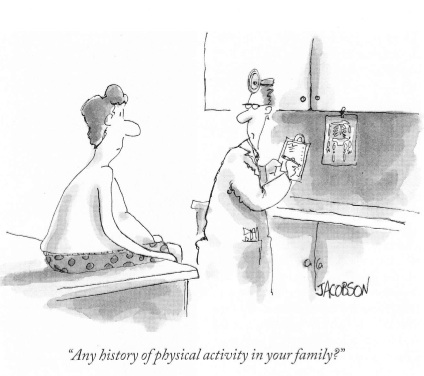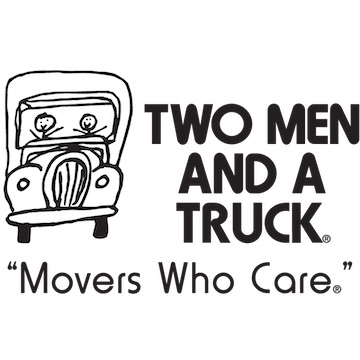Walkable/bikeable investments offset health care

By Dr. Karryl Rattay
June 19, 2012
Published in News Journal
 There is a national epidemic of chronic disease. In the United States today, seven of 10 deaths and the vast majority of serious illness, disability and health care costs are caused by chronic diseases, such as diabetes, cancer, stroke and cardiovascular disease. And more than 75 percent of health care expenditures in the United States are spent to meet the health needs of persons with chronic conditions. Extensive research links these diseases to two important factors: obesity and lack of exercise.
There is a national epidemic of chronic disease. In the United States today, seven of 10 deaths and the vast majority of serious illness, disability and health care costs are caused by chronic diseases, such as diabetes, cancer, stroke and cardiovascular disease. And more than 75 percent of health care expenditures in the United States are spent to meet the health needs of persons with chronic conditions. Extensive research links these diseases to two important factors: obesity and lack of exercise.
In Delaware, obesity has doubled from 14.4 percent in 1990 to about 30 percent of adults today. Approximately 37 percent of all Delaware children have an unhealthy weight. In Delaware, $207 million in health care expenditures could be saved each year if problems caused by excessive weight were eliminated.
The grim statistics are no surprise to most people. Americans are constantly bombarded by messages that they need to eat better and exercise more. Most people also know that the benefits of healthier choices go beyond being able to fit into a favorite outfit or impress at a high school reunion. Research shows that even 30 minutes per day of moderate physical activity provides significant health benefits.
 The challenge in our busy lives is to make sure exercise is fun and accessible. People are more likely to get regular exercise if it feels good. And, then they have the opportunity to enjoy the many health benefits such as reduced risk of obesity, cardiovascular disease, cancer, adult-onset diabetes and osteoporosis; plus improved attitude and mental health.
The challenge in our busy lives is to make sure exercise is fun and accessible. People are more likely to get regular exercise if it feels good. And, then they have the opportunity to enjoy the many health benefits such as reduced risk of obesity, cardiovascular disease, cancer, adult-onset diabetes and osteoporosis; plus improved attitude and mental health.
This is why we need a more walkable and bikeable Delaware.
Read entire article in the News Journal HERE>>>
Dr. Karyl Thomas Rattay is director of the Division of Public Health in the Delaware Department of Health and Social Services.

Credit: New Yorker
RELATED:
• Obesity Costs Delaware $207 Million Every Year
• Will Our Kids Have Shorter Lives Than Ours?





One Response
Aerobic exercise (also known as cardio) is physical exercise of relatively low intensity that depends primarily on the aerobic energy-generating process.Aerobic exercise and fitness can be contrasted with anaerobic exercise, of which strength training and short-distance running are the most salient examples. The two types of exercise differ by the duration and intensity of muscular contractions involved, as well as by how energy is generated within the muscle.;
Our personal web blog
<http://www.caramoan.co